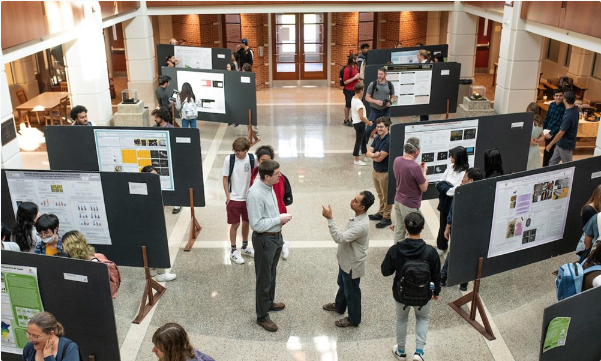Date of Award
5-2024
Document Type
Thesis
First Advisor
Dr. Rebecca Schindler
Second Advisor
Dr. Kevin Moore
Third Advisor
Lydia Marshall
Abstract
Excerpt: "The following thesis then explores how we as a species evolved in accordance to our tool technology. My initial hypothesis was that humans evolved because our tool technology made us smarter: the more we engaged with our tools, the more our brains found different ways to challenge themselves. This hypothesis stemmed from the initial observation I, as a modern human, have made: the more enriched our environment is as a human, the more our brains are able to grow. As children we are taught that exercise, books, and problem solving activities help the successful development and maturation of our brain. In the case of tool knapping, I understood the tool making process as the primary reason for the brain growth: what math problems were for me as a child, I considered obsidian knapping to be for the early humans.... The thesis, after looking at primitive humans, then tries to understand modern humans under the light of what we have learned about the primitive species. If an archaeologist from 10,000 years later was to look at our remains what would our society look like to them?"
Recommended Citation
Zahid, Mahnoor '24, "From Stone to Silicone: Interdisciplinary Insights into the Co-evolution of Humans, Tools and Technologies" (2024). Honor Scholar Theses. 236, Scholarly and Creative Work from DePauw University.
https://scholarship.depauw.edu/studentresearch/236


